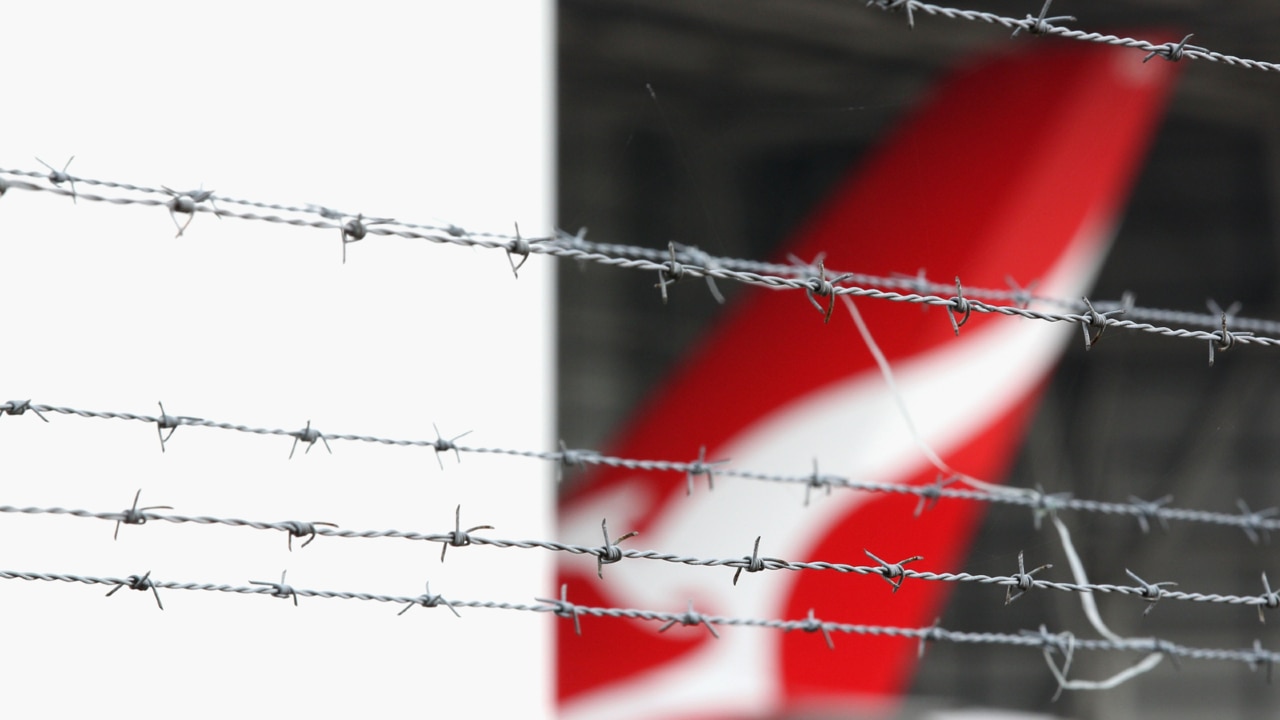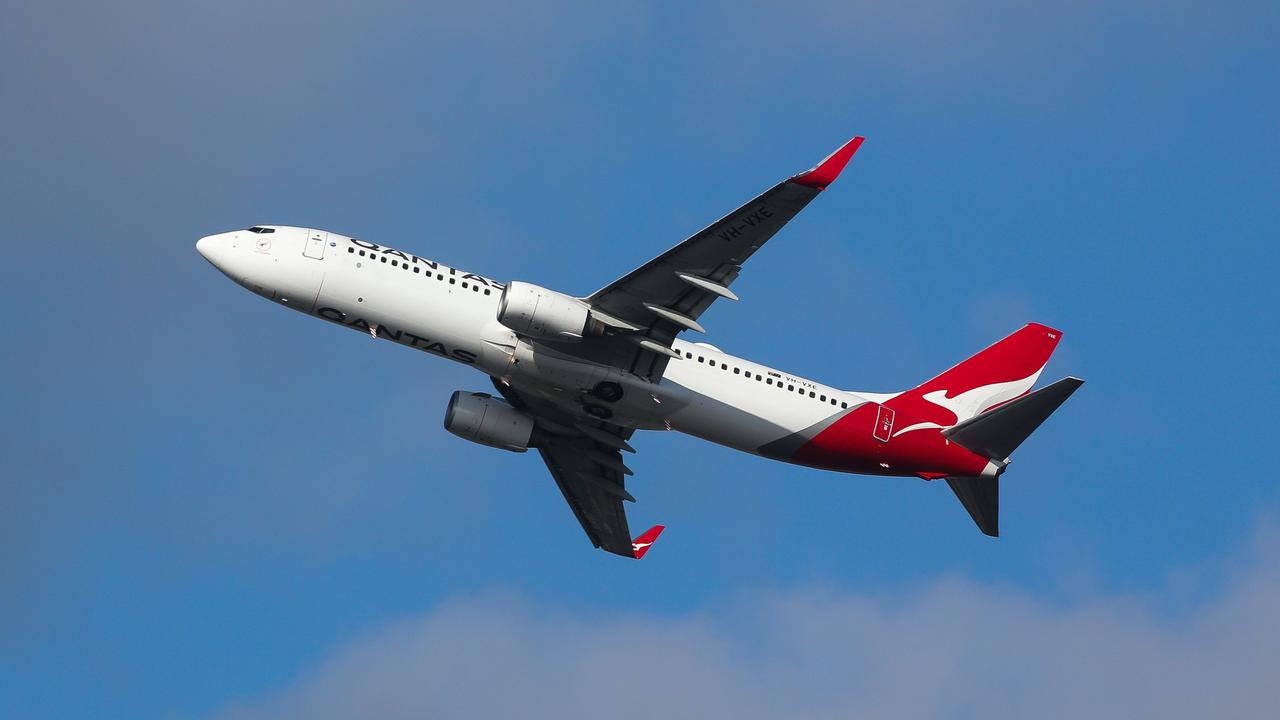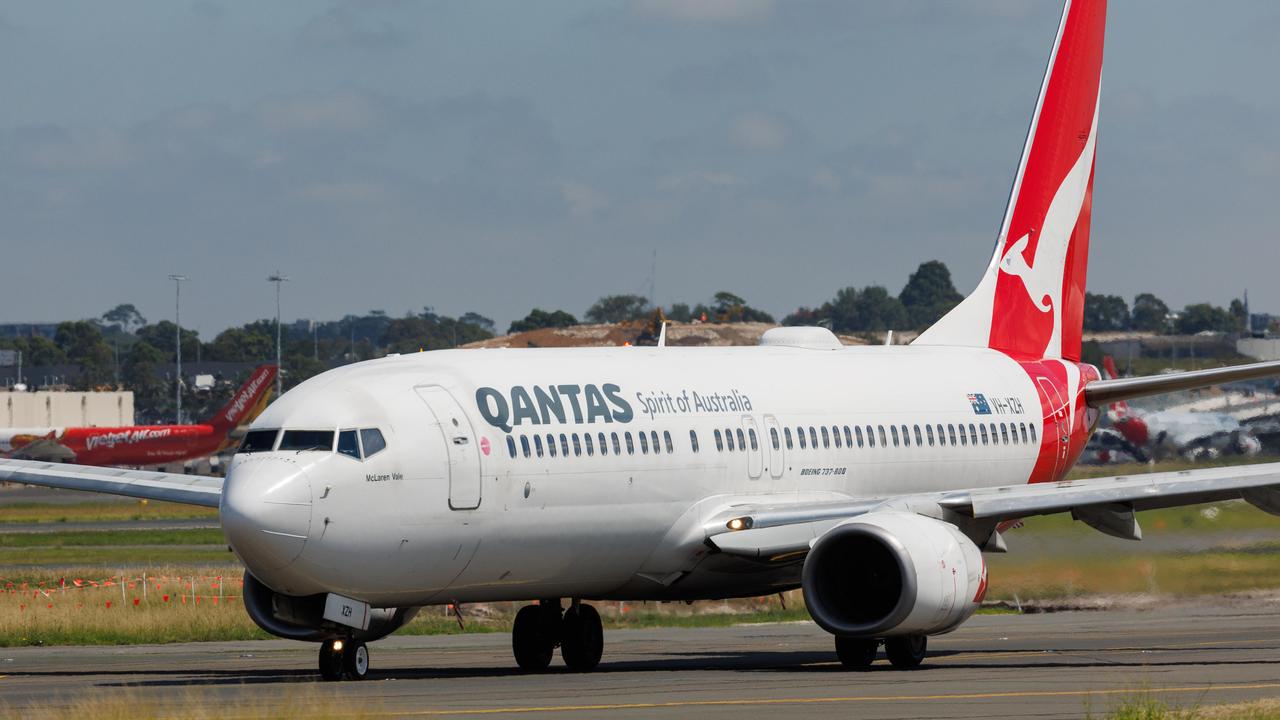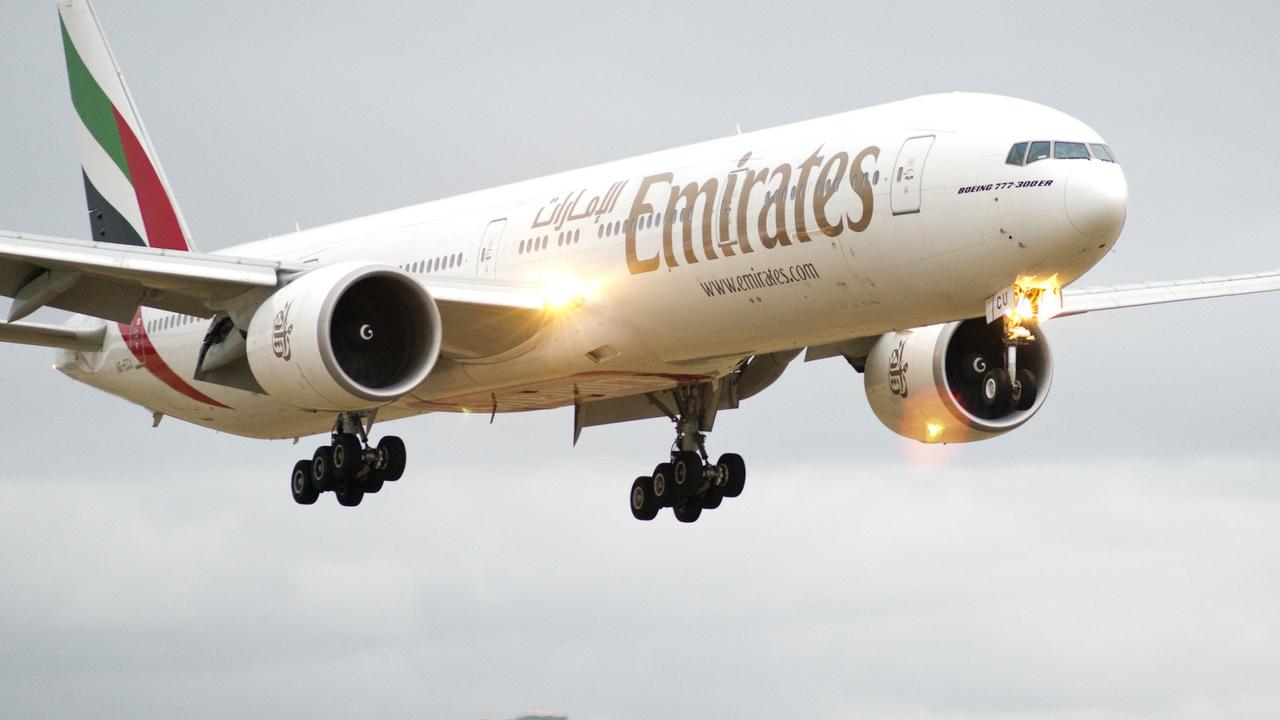Qantas deemed decision to fire 1700 workers had ‘low’ legal risk
A Qantas executive has revealed in court that the airline believed its decision to fire 1700 workers carried a low legal risk.

A Qantas executive has revealed the airline believed its decision to fire 1700 workers carried a low level of legal risk, a conclusion that has been torpedoed as the company prepares to compensate former staffers.
Former Qantas chief operations officer Colin Hughes fronted the Federal Court on Tuesday amid a battle between his former employer and the Transport Workers Union.
The union and the airline are engaged in a heated debate about compensation payouts for 1700 workers who were illegally sacked by Qantas in November 2020.
Before the decision was announced months earlier, Mr Hughes said Qantas had been advised the risk of legal repercussions was low.
He met with lawyers from Herbert Smith Freehills about the proposal in June 2020 alongside other executives, who outlined the need to drastically reduce costs.

Mr Hughes said the initial advice from the lawyers was “outsourcing is not inherently unlawful” but the airline needed to have “sound commercial reasons” to justify the action.
He told the court the lawyers warned the airline to ensure it was protected against adverse action claims likely to be brought over the decision, and cautioned it not to breach any agreements.
“(They said to) expect a challenge,” the former Qantas COO recounted.
“I don’t think we needed that advice. It wasn’t a revelatory piece of information.”
In a second meeting a week later, he said the lawyers told Qantas executives that the reasons for outsourcing, which focused on cutting costs, were “legitimate legal reasons”.
“We understood there were certainly no legal barriers to progressing and the legal risk was low,” Mr Hughes said.
He conceded the lawyers had not used the phrase “low risk” but clarified it was his own “characterisation based on what I heard”.
The court heard Mr Hughes was asked to brief former Qantas Airways Chief Executive Officer Alan Joyce about the risks, trade offs, and benefits associated with the proposal.
“The benefits were clear, the risks were less clear,” he said.
After considering advice from the lawyers and various other parties, he concluded the legal risk and risk to operational continuity were both low.
However, the risk of provoking a government response and endangering Qantas’ brand and reputation was rated as high.
Ultimately, Qantas decided the “compelling” financial benefits of saving $100m outweighed the risks.
It proceeded with the decision to fire 1700 staff and outsource their roles to third party contractors, which was later found to be illegal.

Mr Hughes gave evidence on the third day of a hearing that will determine the amount of compensation Qantas will pay its former ground services employees.
The TWU has estimated the airline will have to pay “many, many millions” in compensation for what it has declared to be the largest case of illegal sackings in Australia’s corporate history.
Qantas contends its payout should only extend to 12 months beyond April 2021 because the employees would have lost their jobs the next year anyway.
Despite the illegality of the decision, Mr Hughes maintained he would have made the same recommendation to outsource in 2021.
He said he had to consider the airline’s recovery by saving $100m after the damage wrought by the pandemic and border closures.
“It would have been almost illogical for me not to have that position,” he said.
“I can’t think of any Qantas manager who wouldn’t have recommended consideration of the proposal.”
Read related topics:Qantas




